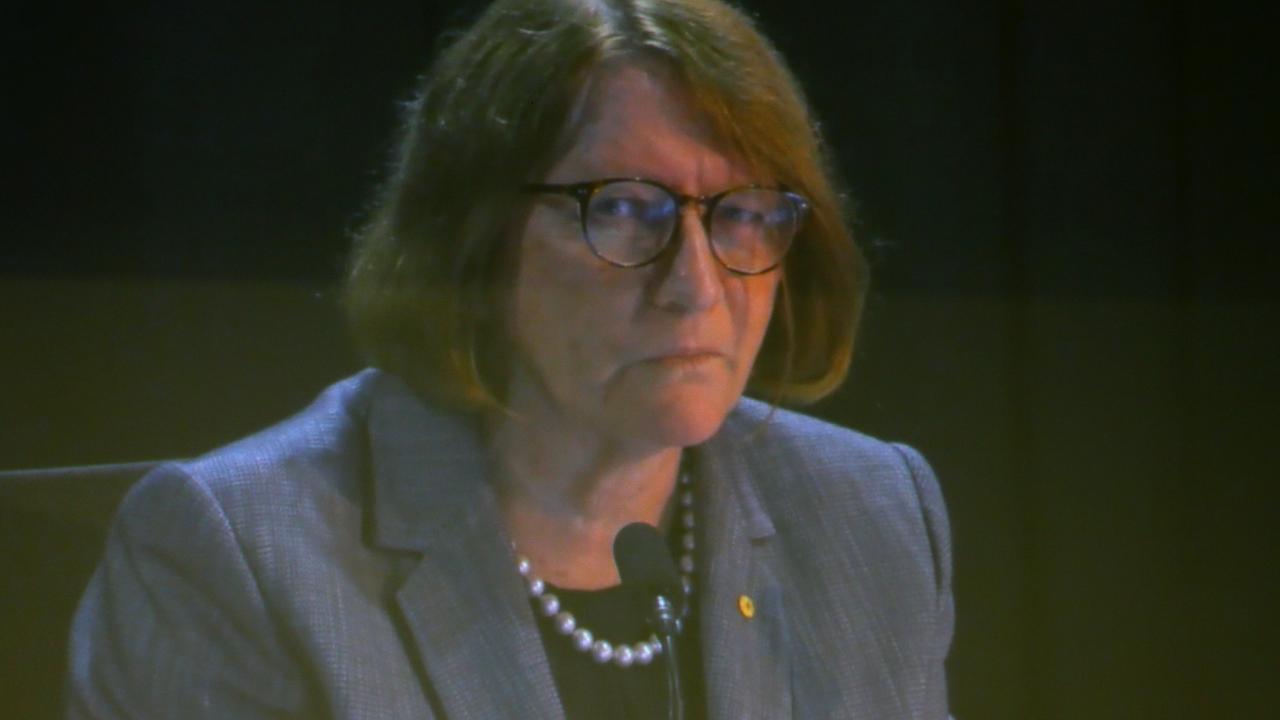Top lawyer’s concerns over Robodebt’s legality ignored
A constitutional law expert’s advice to senior public servants that there were serious legal problems with robodebt was ignored, the royal commission into the scheme has heard.
QLD News
Don't miss out on the headlines from QLD News. Followed categories will be added to My News.
One of Australia’s most senior constitutional law experts told a conference filled with senior public servants there were serious legal problems with the robodebt scheme six years ago, but his advice was ignored.
The Royal Commission into the robodebt scheme, now hearing evidence in Brisbane, has been told that Peter Hanks, KC, told a 2017 administrative law conference there were legal problems with the scheme, and even suggested court proceedings be initiated against robodebt to test its legality.
The robodebt scheme which operated between 2014 and 2019 used the controversial “averaging’’ income technique, based on Australian Tax Office records, to assess annual incomes of welfare recipients.
Up to 20,000 letters requesting payment of debt were being sent out every week at one stage, causing emotional trauma and several cases of suicide among welfare recipients who were incorrectly identified as owing money, before the scheme ended in 2019 admist a $1.8 billion legal settlement in the Federal Court.

Mr Matthew Roser, former general counsel, Department of Human Services, agreed with Angus Scott, The Royal Commission’s Counsel Assisting, that in July 2017 Mr Hanks had raised serious concerns about robodebt at an administrative law conference,
“It must have become apparent at that stage that the Commonwealth faced some very serious legal exposure?’’ Mr Scott said.
“Yes,’’ Mr Roser replied.
Asked what he did about the situation, Mr Roser said he spoke with other public servants who were at the conference.
“I spoke to my peers at the break,’’ he said.
“We did have many conversations about the issue as a general proposition.’’
Those discussions included speculation as to whether “averaging was an appropriate administrative decision making basis for raising a debt.’’
Mr Scott suggested that, had Mr Roser’s department obtained its own legal advice, there was a substantial chance the legal opinion would concur with that of Mr Hanks.
But that further legal advice was not sought.
Commissioner Catherine Holmes suggested the prevailing mood in the department might have been to: “Hunker down and hope they don’t sue, and worry about it when they do sue.’’
“No, I don’t think that, with respect,’’ Mr Roser replied.
The hearing continues.




